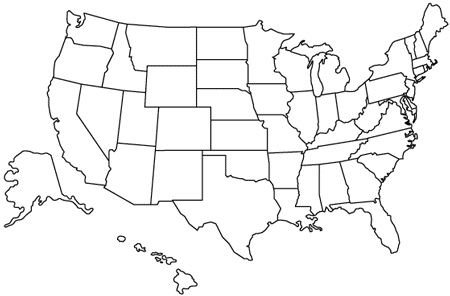RESOLUTION CALLING FOR THE KENTUCKY STATE AFL-CIO CONVENTION TO ENDORSE HR 676, SINGLE-PAYER UNIVERSAL HEALTH CARE
Workers, their families and their union are waging an increasingly difficult struggle to win or keep good health care coverage. Almost every union at every contract deadline must battle and sacrifice merely to sustain health care benefits. The rising costs of health insurance are blocking workers’ progress in wages and other areas. All of our unions face a health care crisis.
But the crisis extends far beyond union members. More than 45 million people in the U.S. are currently without health care insurance. More than 75 million went without for some length of time within the last two (2) years; and millions more have inadequate coverage or are at risk of losing their coverage. Women, people of color and immigrants are denied care at disproportionate rates, while the elderly and many others must choose between the necessities and life sustaining drugs and care. Unorganized employers, such as Wal-Mart dump their responsibilities for health care onto public programs.
The U.S. health system continues to treat health care as a commoditydistributed according to the ability to pay, rather than a social service to be distributed according to human need. Insurance companies and HMOs compete not by increasing quality or lowering costs, but by avoiding covering those with the greatest need.
Economic necessity and moral conscience compel us to seek a better way.
Therefore, be it resolved that:
A single payer program as provided for in Congressman John Conyers’ bill HR 676, ‘Expanded and Improved Medicare for All,’ a single payer health care program is the only affordable option for universal, comprehensive coverage.
That the Kentucky State AFL-CIO will work with unions and community groups to build a groundswell of popular support and action for single payer universal health care and HR 676 until we make what is morally right for our nation into what is also politically possible.
That the Kentucky State AFL-CIO will send a copy of this resolution to Congressman Conyers, to all the Kentucky members of the U.S. House and Senate, to the AFL-CIO Executive Committee, and to the news media.
Respectfully submitted by,
AFSCME Local 2629
Sheila Wade, President

